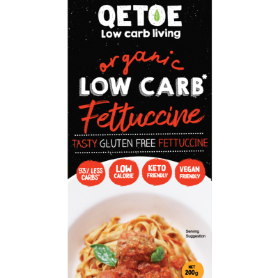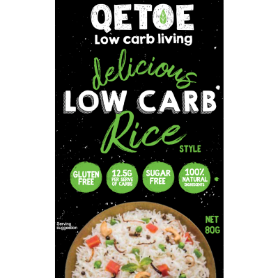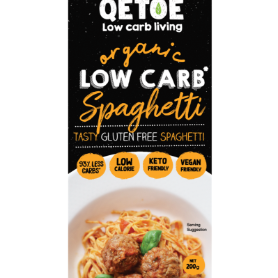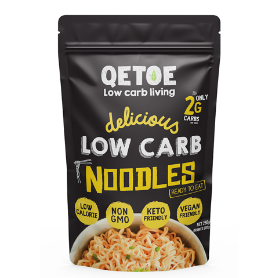Following the Ultra Lite ketogenic lifestyle, involves a moderate protein and complex protein diet referred to as clean Keto. The program has had tremendous health benefits and has assisted many thousands over the past 24 years to reclaim their health. Although there are some important keto guidelines to follow, creating a sustainable low-carb lifestyle involves learning what works best for you. Keep in mind that you might need to do some experimenting and tweaking, and that your needs may change over time.
Keto and low-carb diets have become extremely popular, and for good reason: This way of eating provides several health benefits, including sustainable weight loss, better blood glucose control, and lower insulin levels, among others.
However, as with any dietary approach, there are both myths and truths associated with it.
Let's go through some of the common myths and debunk them based on research and experience:
Myth 1: One Way of Low-Carb Eating Fits All Truth: While ketogenic diets typically restrict carb intake to less than 20 grams per day, different individuals may respond differently to varying levels of carbohydrate intake. Some people may thrive on a strict ketogenic diet, while others might do better with a less restrictive low-carb approach. Finding the optimal macronutrient ratios for weight loss and health improvements may require experimentation and individualization.
Myth 2: Some Foods “Aren't Keto” Truth: There is a misconception that certain whole foods, such as fruits, vegetables, and dairy products, are not compatible with a keto lifestyle. Almost any whole food can be included in a keto diet in minimal amounts. Individuals following therapeutic ketogenic diets for conditions like epilepsy may need to restrict carbs to extremely low levels, but for most people, small amounts of higher-carb ingredients can fit within a keto lifestyle when incorporated into a low-carb, high-fat meal.
Myth 3: Eating Too Much Protein Can Stall Weight Loss Truth: Concerns have been raised that excessive protein intake can hinder weight loss on keto or low-carb diets due to gluconeogenesis. However, gluconeogenesis is a demand-driven process and is not likely to interfere with weight loss on a properly formulated ketogenic diet. Moderate protein intake is essential for preserving muscle mass, supporting metabolic rate, and promoting satiety, which can aid in natural weight loss.
Myth 4: You Need to Eat More Fat If You Aren't Losing Weight Truth: If weight loss stalls on a keto diet, the cause is unlikely to be consuming too little fat. When following a high-fat diet, excess fat calories will be burned for energy rather than stored body fat. Instead of increasing fat intake, consider adjusting protein intake, meal timing, activity levels, or the consumption of low-carb treats or packaged foods to overcome a weight loss plateau.
Myth 5: Higher Ketone Levels Lead to Enhanced Weight Loss Truth: Elevated blood ketone levels do not necessarily lead to increased weight loss. Ketone levels are a reflection of fat burning but do not distinguish between fat from body stores or dietary fat. Weight loss on a keto diet still depends on creating a caloric deficit, and simply increasing ketone levels without addressing overall caloric intake will not promote more significant weight loss.
Myth 6: Intermittent Fasting Is Best for Everyone Who Follows Keto Truth: Intermittent fasting (IF) can be an effective approach for some individuals following a keto diet, but it is not the only way to achieve results. Some people may prefer eating three meals a day while others may find IF more suitable for their lifestyle. The best approach is the one that feels natural and sustainable for the individual.
Myth 7: All Low-Carb Sweeteners Should Be Avoided Truth: Low-carb sweeteners have been criticized for various reasons, but individual responses can vary significantly. Some people may experience carb cravings or digestive issues with sweeteners, while others can include them in their diet without negative impacts. If tolerated well, certain low-carb sweeteners can be used in moderation and may help some individuals adhere to a low-carb lifestyle.
In conclusion, while a ketogenic lifestyle can offer numerous health benefits, it is essential to recognize that individual responses to specific dietary approaches can vary. The key is to find what works best for you and allows for sustainable, long-term adherence to a balanced and healthy eating pattern. Always consult with an Ultra Lite Trained Practitioner if you have concerns by going to our website www.ultralite.com.au before making significant changes to your diet.











